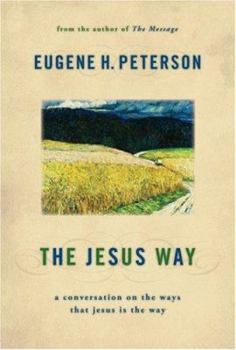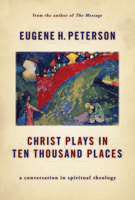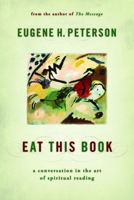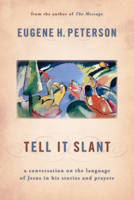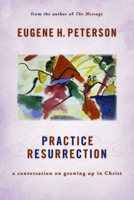The Jesus Way: A Conversation on the Ways That Jesus Is the Way
(Book #3 in the Spiritual Theology Series)
Select Format
Select Condition 
Book Overview
The Jesus Way -- part of Eugene Peterson's meaty "conversations" on spiritual theology A way of sacrifice. A way of failure. A way on the margins. A way of holiness. In The Jesus Way Eugene Peterson... This description may be from another edition of this product.
Format:Hardcover
Language:English
ISBN:080282949X
ISBN13:9780802829498
Release Date:March 2007
Publisher:William B. Eerdmans Publishing Company
Length:289 Pages
Weight:1.27 lbs.
Dimensions:1.0" x 6.4" x 9.3"











